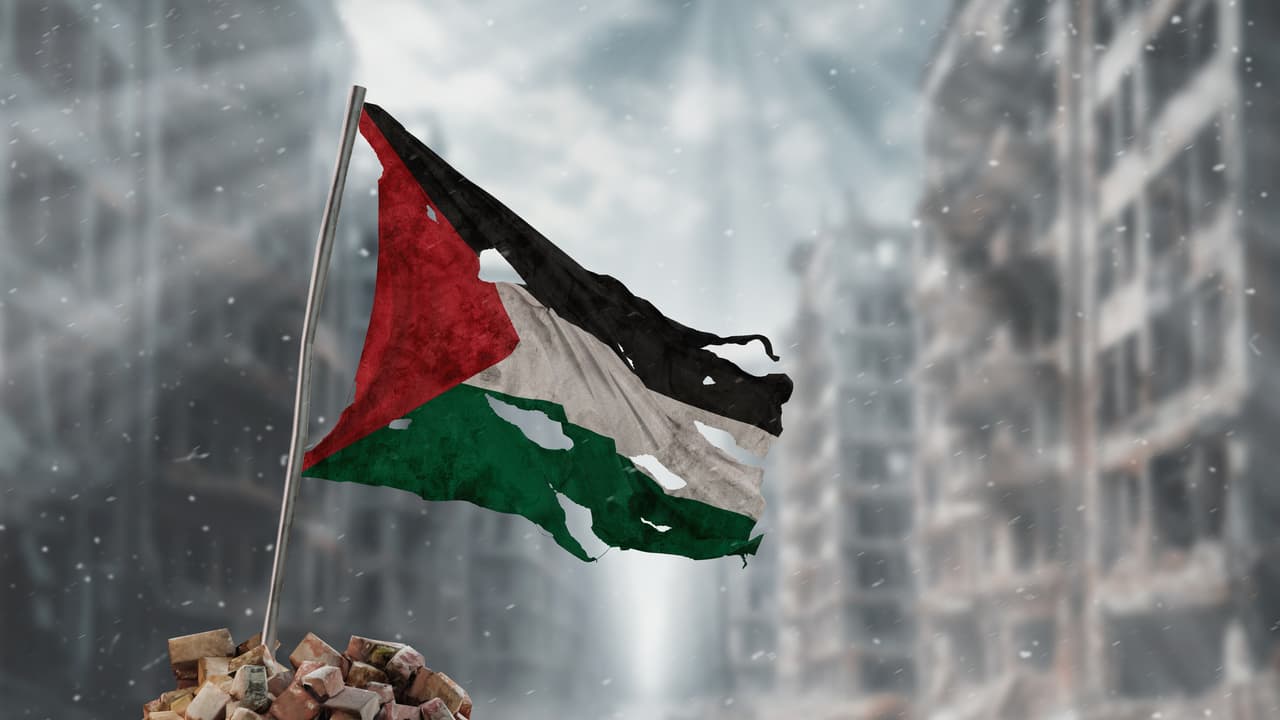India gave nearly $80 million in developmental assistance to Palestine over past 11 years, almost double the amount provided in the previous 65 years. Despite its growing ties with Israel, India has continued funding humanitarian projects and UNRWA.
India’s developmental assistance to Palestine in the past 11 years has reached nearly $80 million, which is almost double the aid provided in the preceding 65 years. Indian officials highlighted this figure to underline that New Delhi’s commitment to the Palestinian people has remained steady despite the country’s closer engagement with Israel in recent years, reports The Times of India.
Since 2014, India has contributed to a wide range of projects in Palestine including education, healthcare, and infrastructure. Projects worth another $40 million are still in the pipeline, according to diplomatic sources.
Humanitarian aid and UNRWA support
In addition to bilateral projects, India has consistently extended humanitarian support through the United Nations Relief and Works Agency for Palestine Refugees in the Near East (UNRWA). Even after Israel banned UNRWA’s operations earlier this year, India continued its annual contribution of $5 million, bringing its total support to $27.5 million since 2020-21, the TOI report added.
Officials say this reflects India’s humanitarian approach to ensure that assistance reaches vulnerable Palestinian families, including refugees who depend on the agency for food, schooling, and healthcare.
Balancing Israel and Palestine ties
India’s diplomacy on the Israel-Palestine conflict has been a delicate balancing act. Since the Gaza war erupted in 2023, India has openly condemned the October 7 Hamas terror attacks while defending Israel’s right to counter terrorism. At the same time, India has repeatedly expressed concern over the loss of civilian lives in Gaza and called for respect of international humanitarian law.
This dual approach reflects India’s effort to maintain its strategic ties with Israel, a growing partner in defence, technology, and investment while also continuing its historic support for Palestine.
Voting record at the United Nations
Despite criticism from some quarters about India’s ‘flip-flops’, Indian authorities argue that its voting record at the UN has remained consistent. Over the past decade, India has not voted against any of the 175 resolutions on Israel-Palestine issues.
Most recently, India joined 142 countries in voting for a UN General Assembly resolution that endorsed the New York Declaration, which calls for irreversible and time-bound steps towards a two-state solution.
Officials say this shows India’s stance on the Palestine issue is unchanged, even as it builds stronger relations with Israel.
Criticism and defence of India’s position
India did face criticism earlier in June 2025 for abstaining from a UNGA resolution calling for a lasting and unconditional ceasefire in Gaza. Critics argued that the move indicated a shift closer to Israel.
However, Indian authorities maintain that its core position has not changed. They stress India’s long-standing support for a negotiated two-state solution and point to its continuing aid, projects, and humanitarian contributions as proof of consistency.
Palestinian ambassador Abdullah Shawesh also recently noted that he was satisfied with India’s position, especially its calls for ceasefire, release of hostages, and delivery of humanitarian relief.
Aid projects and development focus
India’s aid to Palestine over the past decade has included:
- Schools and education centres to improve access to learning.
- Health infrastructure, including hospitals and clinics.
- Capacity-building programs, scholarships, and training for Palestinian officials.
- IT and vocational training projects to create employment opportunities.
- These initiatives are seen not just as financial aid but as efforts to empower Palestinian communities with skills and opportunities for self-reliance.
- Recent controversies and clarifications
The recent visit to India by Israeli finance minister Bezalel Smotrich, a hardline figure, sparked some debate. Critics questioned the timing given ongoing tensions in Gaza.
However, Indian officials clarified that the visit was solely for economic purposes, specifically to sign a bilateral investment agreement that had been under discussion for six years. They insisted that the visit should not be seen as a political endorsement, but as part of India’s strategy to expand trade and financial cooperation with Israel.
India’s call for peace and dialogue
Indian authorities continue to emphasise the need for dialogue and diplomacy to resolve the Israel-Palestine conflict. They have called for:
- Immediate ceasefire in Gaza
- Release of all hostages
- Safe, timely, and sustained delivery of humanitarian aid
- Early resumption of direct peace negotiations between Israel and Palestine
According to officials, this balanced approach demonstrates India’s intent to remain a credible partner for both sides while contributing to long-term peace and stability in the region.
